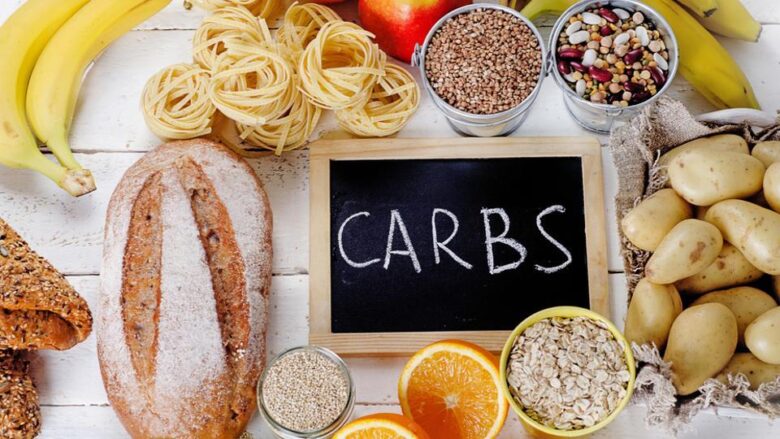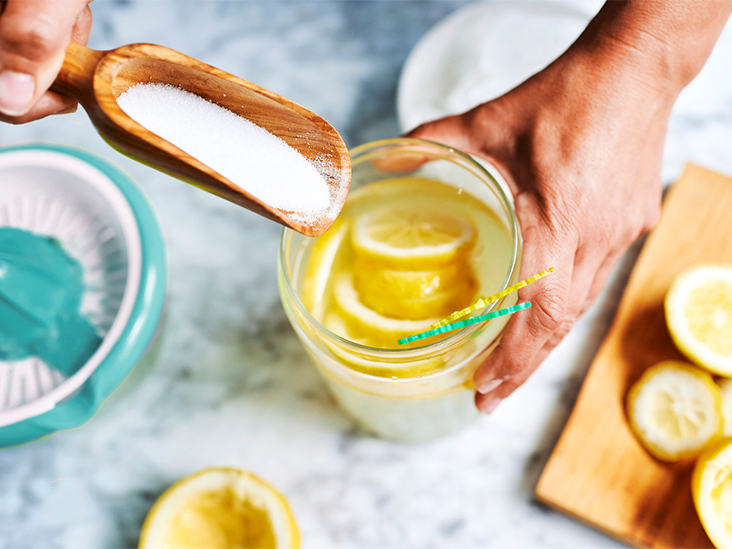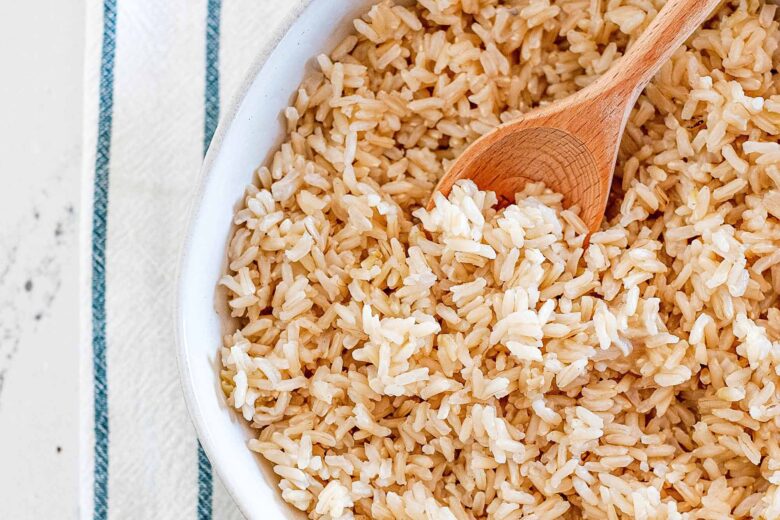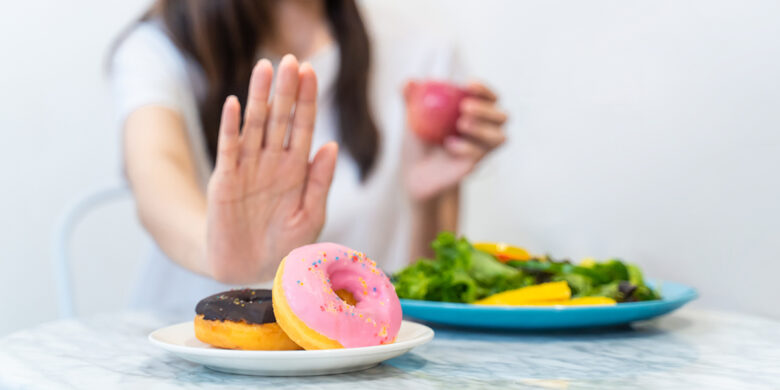Diabetes is a condition that alters the ability to process blood glucose. This can be because of the inability to produce enough insulin, a hormone that transports glucose from the food to the cells in the body to be used as energy.
Diabetes can often restrict or limit people from consuming their favorite foods. Diabetes could lead to serious health conditions such as heart disease, kidney disease, blindness, stroke, and narrowing of arteries, if not kept in check. Diabetic patients need to ensure that their blood glucose is in check.
This article discusses why carb intake needs to be regulated for diabetes and what food diabetic and pre-diabetic patients need to avoid or limit daily.
The relation between carbs and diabetes

Carbohydrates are one of the three macronutrients essential for survival. Carbs are the primary energy source but also spike blood sugar levels the most. There are three types of carbs based on how they are digested. They are simple carbs, complex carbs, and fiber.
Simple carbs are single molecule sugars that get absorbed quickly, which are the carbs responsible for spiking your blood sugar levels the most. Complex carbs are multiple molecules of simple sugars strung together. Lastly, your body does not break down fibers, but they help slow the absorption of carbs and have various digestive functions. After completely breaking down, carbs provide you with the glucose your body uses for energy.
People with diabetes need to avoid carbs as it spikes blood sugar levels, leading to severe conditions. If these levels stay high for a prolonged period, it could damage the body’s nerves and blood vessels, leading to heart problems, kidney dysfunction, and other major complications.
Foods to avoid as a diabetic

- Foods and drinks with high sugar/ fructose content: For someone with diabetes, drinks and foods with high sugar content can be the worst choice.
Sugars are low-quality carbs, and they have little to no nutritional value. They cause your blood sugar to spike rapidly, and the crash is equally rapid, hence the term “sugar rush”. Sugar can also increase the risk of weight gain, heart disease, and stroke. Some other sources of sugar include:
- Sauces, syrups, and condiments
- agave nectar and other sweeteners
- maple syrup and honey
- candy bars
- fruit-flavored yogurts (plain yogurt is a good option for people with diabetes)
- Coffee drinks with added sweeteners and flavors
A few beverages also contain a lot of fructose, which can be associated with insulin resistance and diabetes. Some studies suggest that consuming sugar-sweetened beverages may raise your chance of developing diabetes-related conditions such as fatty liver disease. Added sugars also go by names such as fruit juice concentrate, molasses, honey, syrup, fructose, or dextrose.
Additionally, the high fructose content in sugary drinks may cause changes in your metabolism, leading to belly fat and alarming levels of triglycerides and cholesterol.
Despite having fewer calories, artificial sweeteners have a negative impact on blood sugar levels by increasing insulin resistance. Hence it is best to replace sugary drinks with water and club soda; avoid packaged or processed foods to help maintain blood sugar levels and reduce the risk of diabetic diseases.
- Foods with high trans-fats: Trans Fats are unhealthy in numerous ways. They are produced by adding hydrogen atoms to unsaturated fatty acids to make them more stable. Margarine, peanut butter, spreads, creamers, and frozen dinners include trans fats. In addition, food producers frequently add them to crackers, muffins, and other baked products to help a product last longer on the shelf.
Trans Fats have been connected to increased inflammation, insulin resistance, belly fat, decreased levels of HDL (good) cholesterol, and reduced vascular function, even though they don’t directly increase blood sugar levels.
- Refined carbs/ processed carbs: Refined carbohydrates, also known as refined starches, are processed to strip them from all the fiber, vitamins, or minerals they might have. They can be regarded as “empty” calories because they lack nutrition. They also have a high glycemic index and are quickly absorbed. They cause a quick increase in your blood sugar and insulin levels. Eating foods with a high glycemic index has been associated with overeating and a higher risk of developing diabetic-related conditions.
Diabetic patients need to avoid refined carbs and white flours such as:
- White bread
- White pasta
- Flavored and sweetened cereals
- Crackers and biscuits
- Most of the baked and bakery goods
Maintaining healthy blood sugar levels can be made easier by keeping an eye on the overall amount of carbohydrates consumed during each meal.
Foods to consume for diabetes

- Whole grain and fiber: Not all of the carbohydrates in whole grains are absorbed by the body. Those that are absorbed go through the body comparatively slower than refined carbohydrates. Because of this, whole grain carbohydrates are less likely to raise blood sugar levels. They make a person feel fuller for a longer period. Fiber is present in whole grains. Although fiber is technically a carbohydrate, it has no calories and does not convert to glucose in the body. Fiber is a good kind of carb.
Some examples of whole grains are:
- Brown rice
- Barely
- Whole wheat bread, pasta, and crackers
- Bulgur (also known as cracked wheat)
- Millet
- Oatmeal
- Buckwheat
- Popcorn
- Fruits and Vegetables: Fruits, nuts, and legumes like beans, peas, and lentils all include high-quality carbs and fiber. These foods could facilitate a reduction in glucose absorption.
- Protein: Your body uses protein to create, repair, and replace muscle fiber and tissue. Our immune systems, muscles, and organs comprise proteins. Although the body can convert protein into glucose for energy, doing so is less effective than carbohydrates. There are primarily two sources of protein: Animal sources and plant sources.
Some sources of animal sources:
- Skinless chicken or turkey
- Beef without fat
- Fish (especially fatty fish)
- Whole eggs
- Dairy products
Some sources of plant protein are:
- Beans and lentils
- Nuts
- Soy and tofu
- Fats: Fats are an important component of a healthy, balanced diet since it is a source of essential fatty acids like omega-3s. Fat is also responsible for absorbing fat-soluble vitamins like vitamin A, D, E, and K. The nutrition label of food items reveals how much of each type is present. Consuming the right forms of fat in any diet is crucial, especially for those who have diabetes. The healthiest sources of fats come from monounsaturated fats and polyunsaturated fats. Some food sources of healthy fats are:
- Nuts and nut butter such as peanuts, peanut butter, walnuts, cashews, almonds, and almond butter
- Olives and olive oil
- Avocados
- Oils like sunflower oil and canola oil
- Fatty fishes such as salmon, tuna, herring, or mackerel
- Eggs
- Flaxseeds and chia seeds
It is best to avoid saturated fat as it contributes to an increase in bad LDL cholesterol and might cause blood sugar levels to spike.
Final words
Everyone needs to maintain a healthy diet and consume foods that release glucose at a steady rate. This is where Happy Ratio comes into the scene.The food sources that cause your blood sugar levels to spike must be avoided at all costs by diabetics because of the lethal impact they can have. There are healthy and tasty solutions for diabetics; This is where HappyRatio comes into the scene. It has zero sugar and all essential nutrients for your body. All we need is the will to change your habits.

